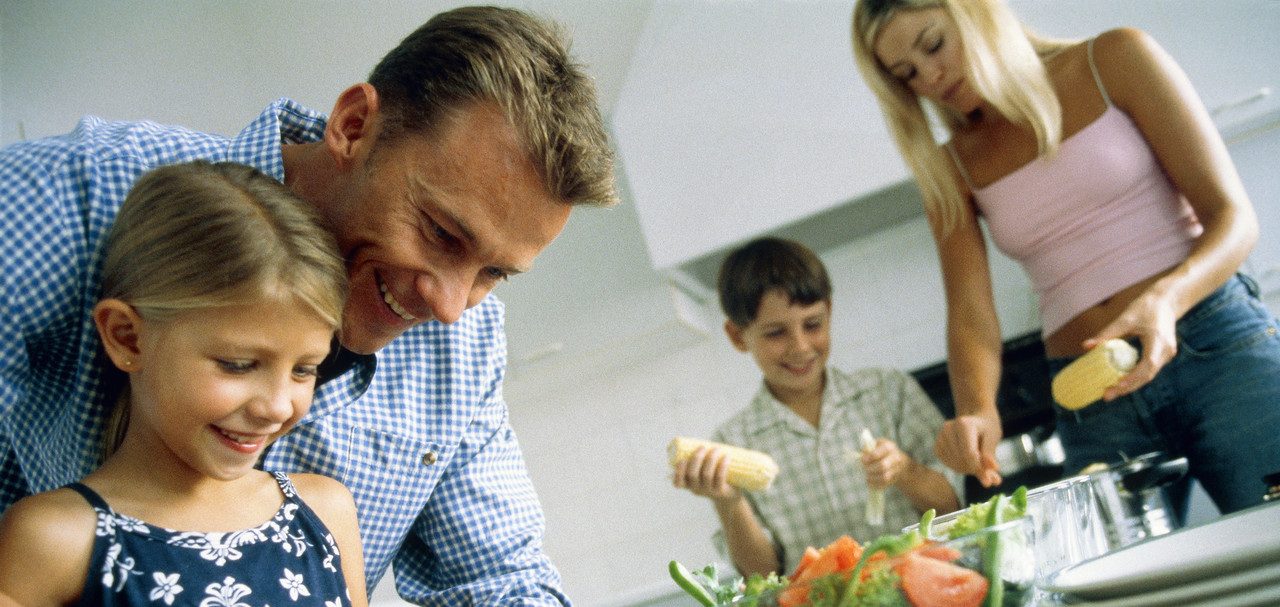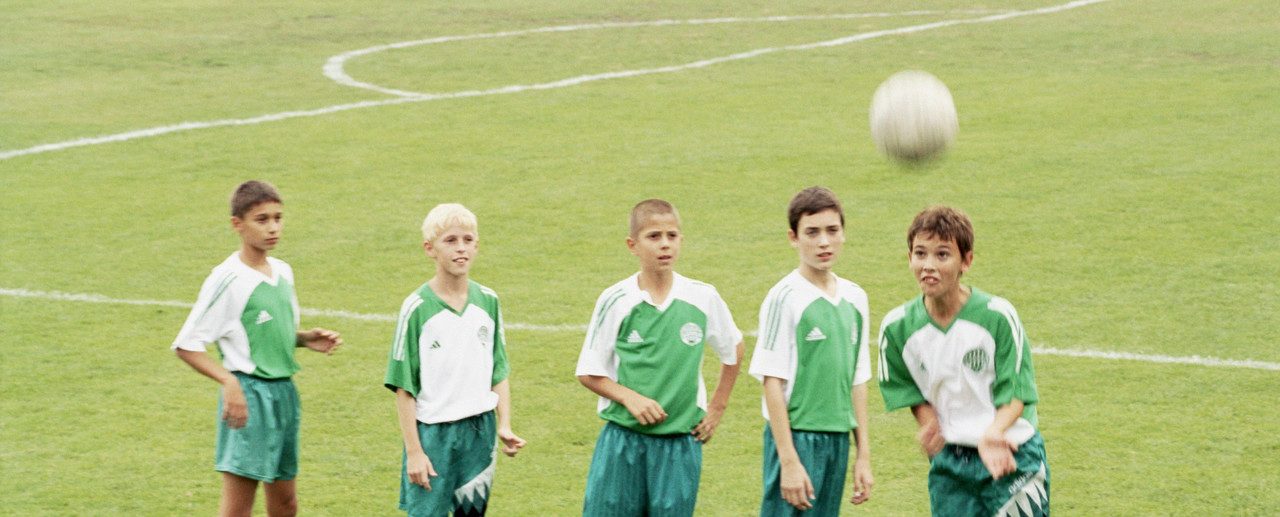February 23, 2018
Getting Your Family to Work Like a Team

In the workplace, much effort is spent to establish ways of getting everyone onboard to work like a team. Responsibilities need to be shared and allocated, collaboration is essential, and inevitable conflicts need to be managed well to result in equitable solutions and good feelings moving forward.
It’s not so easy, however, to get a family to work like a team. Parents and kids have different personalities, agendas, and schedules – and trying to figure out how to bring a family together to take on a project or even get some chores done may seem like a daunting task.
YOU MIGHT ALSO LIKE: 5 Ways to Raise an Independent Child
While there are no magic potions – and everyday life at home is no sitcom with a simple solution to make everyone smile before the credits roll – tuning up family functioning to promote teamwork is not all doom and gloom. And, more importantly, those skills that are valued in the workplace – sharing responsibilities, collaborating, and managing conflict – are indeed some of the 21st century skills that kids today will need to learn in order to do well once they leave the nest.
Start with sharing responsibilities. Kids don’t do chores much anymore – and then when they are teens, parents get frustrated when they leave messes, turn their rooms into disaster areas, and retract at the mere mention of taking out the garbage. Turns out the best way to get kids to eventually be self-sufficient and take on the dirty jobs is to teach them – at any age – that we all do these things in part to make our lives, and the lives of those around us, better. Chores don’t have to be horrendous tasks that we all hate and try to dump on someone else – think about how well that goes down in the workplace. Rather, they are a combined responsibility, and everyone needs to pitch in to do what they can to get the job done. Case closed.
Conveying that mindset about sharing responsibilities leads to more pleasant ways to facilitate collaboration. Telling a kid to “go do something” is not as inviting as asking them to help you with a task. Kids are actually wired to want to help – they do it spontaneously, and the instinct gets diminished when we try to reward it (that’s way paying for chores doesn’t really work) or if we don’t frame household responsibilities as opportunities to help. The principle of using “we” instead of “me” is foundational in getting teams to function together and the same applies around the house. Figure out, at any age, what your kid is capable of contributing to any task (e.g., carrying dirty plates to the sink, drying clean dishes, doing some of the scrubbing, sorting clean socks, folding clothes, putting clothes away neatly), and ask them to help you so that you all can take care of what needs to be done to make things good around the house. Then everyone can go do things that offer more obvious pleasures.
Finally, this foundation will undoubtedly get tested. Conflicts will arise, as everyone has different motivations, plans, and schedules. Don’t fall into the habit of turning conflicts into contests where escalating negativity and coercion leads to winners and losers. See yourself as the mediator of the conflict and teach basic negotiation skills. The point is to share perspectives – and get into each other’s heads – to come up with an equitable solution that solves the problem. Slinging insults and rising voices don’t get that done. If you don’t agree with this, ask yourself if this is how it goes down in the workplace.
Families are complex systems. However, trying to simplify how we function as a team can not only improve life at home, but give your kids real skills that will pay off years later when they are working in the real world.


